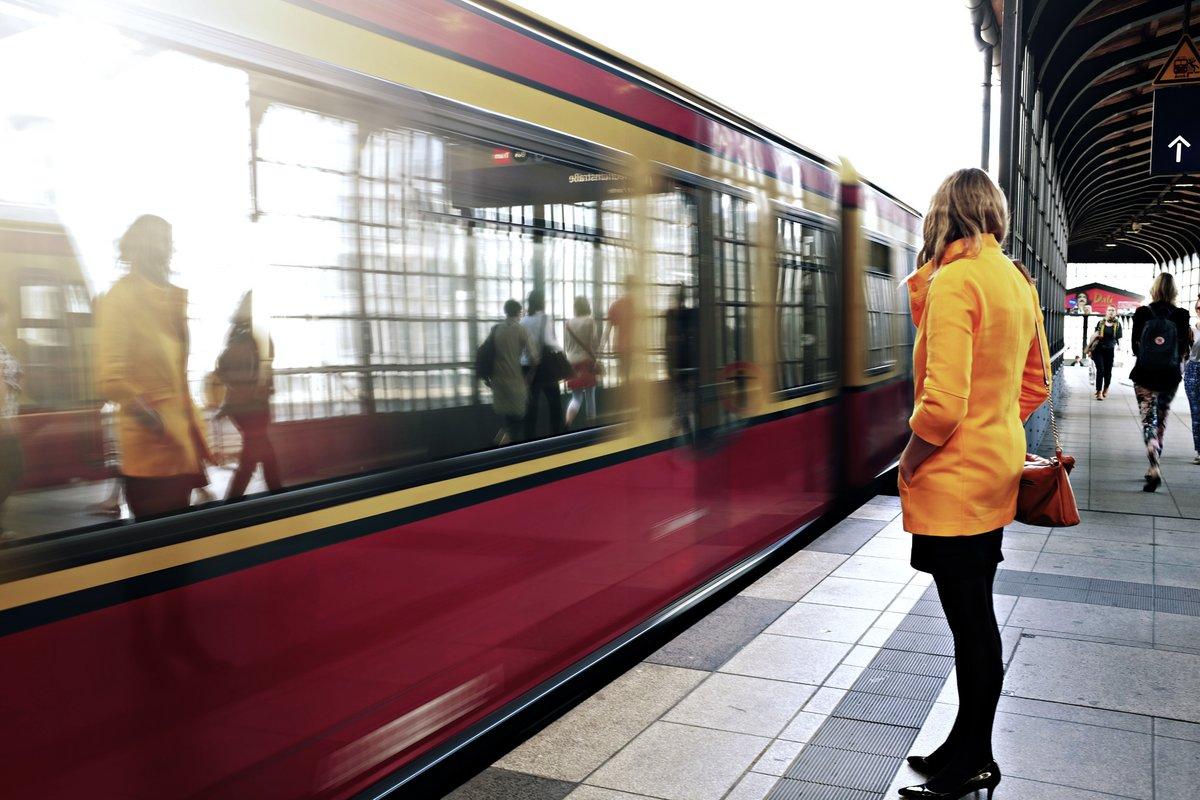AUTHORS: Tim Gore – Thorfinn Stainforth – Antoine Lucic
Gender is one of the most important determinants of transport choices. EU mobility policy and the European Green Deal are still mostly gender blind, with negative consequences for the sustainability and accessibility of mobility in the EU.
IEEP contributed a chapter on gender and mobility policy to the recent report, Why the European Green Deal needs ecofeminism, published by the European Environmental Bureau (EEB) and Women Engage for a Common Future (WECF). This report investigates various aspects of the nexus between gender equality and environmental action in Europe. European Green Deal policies remain largely dominated by an androcentric perspective. Beyond gender-blindness, androcentrism assumes that the masculine model is the neutral and objective point on which to base policies. As European policies do not operate in a vacuum, they risk reproducing existing inequalities and discrimination in our society.
With regard to mobility, gender is one of the most important determinants of transport choices, with significant implications for sustainability. The different genders have significantly different levels of access to mobility, very different travel patterns, perceptions of risk, safety and comfort within the options available, and women are employed at a much lower level within transport industries and decision-making roles for transport policy. As a result, the environmental impact of mobility choices is very gendered, as are the environmental, social and economic impacts of transport.
However, transport policy at the EU level is still mostly gender blind.
IEEP’s chapter explores this issue in more depth and provides a number of recommendations to better incorporate gender into EU policy making for the good of overall sustainability and accessibility for all.
Recommendations
- The structure of investment, taxation and monetary incentives should be systematically allocated away from private transport towards flexible, affordable, secure public transport, both within cities and betweem them, and toward building secure infrastructure for active mobility.
- Member States and local governments should prioritise building off-peak capacity, reliability, and flexibility of service to better accommodate the mobility patterns of women and people with mobility challenges in intra-city travel.
- The EU and MS should drop tax breaks and public investment for aviation and reinvest these funds in safe, reliable, accessible and flexible options by rail (e.g. night-trains) and buses for inter-city travel.
- Invest in gender disaggregated data collection and intersectional analysis
You will find the full report on the EEB website.

